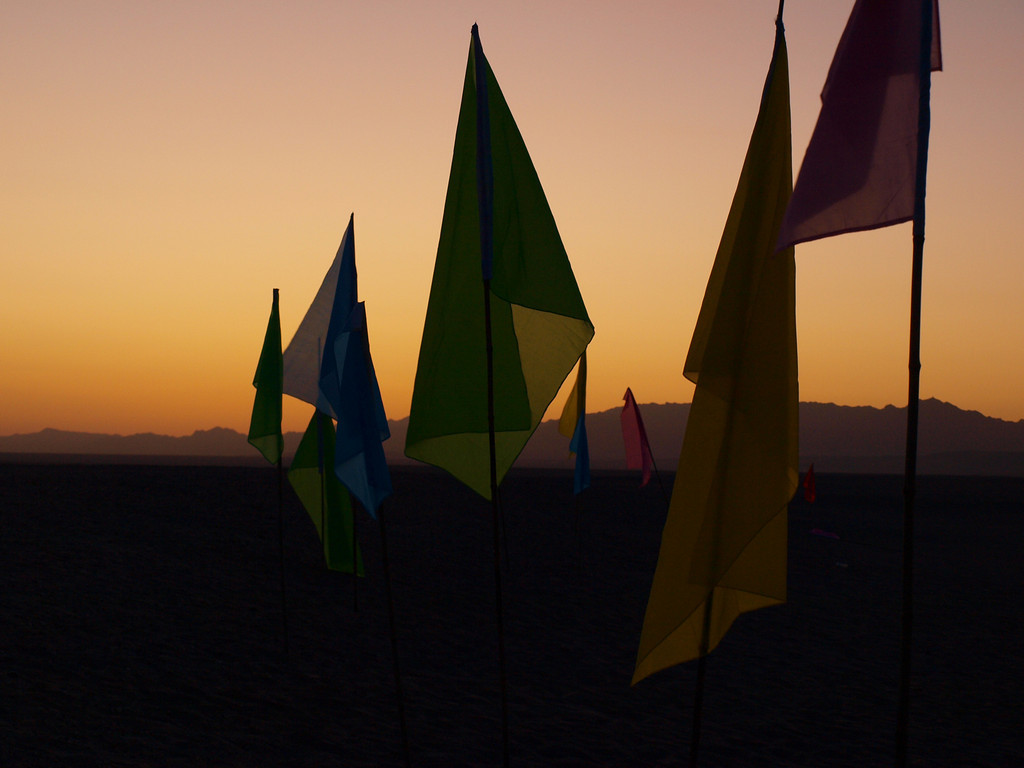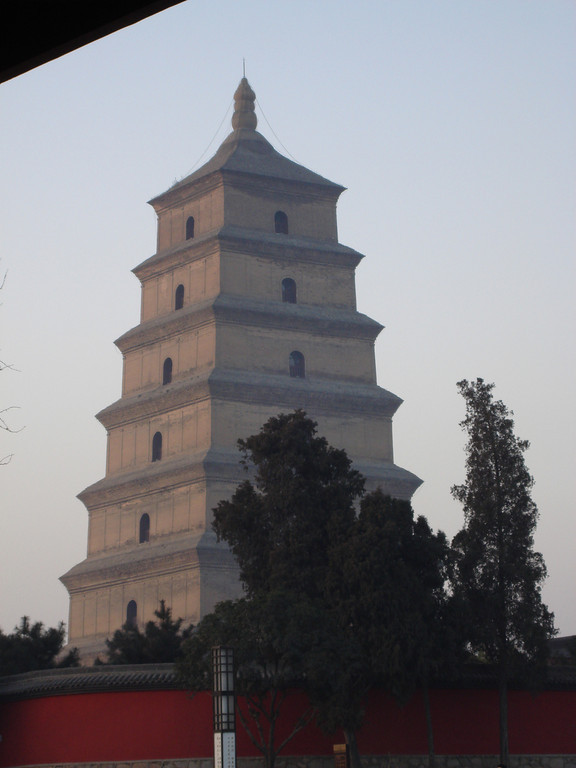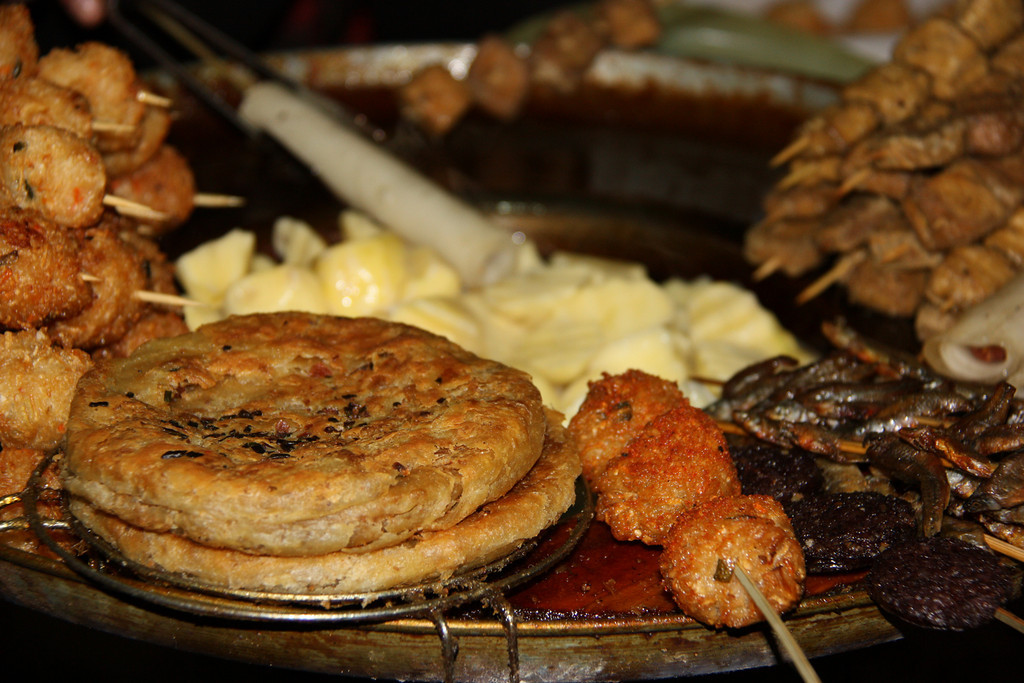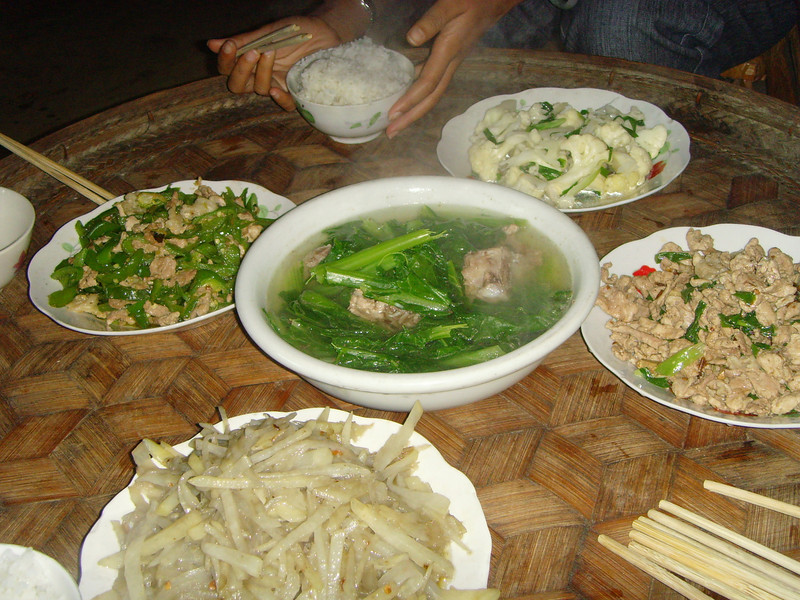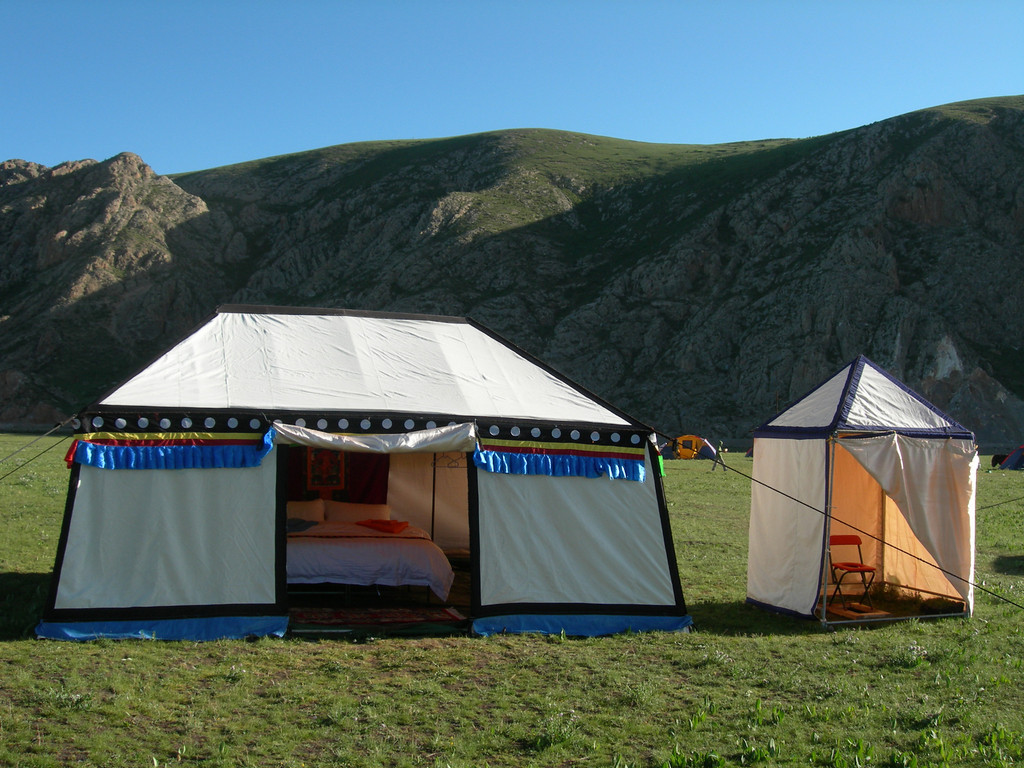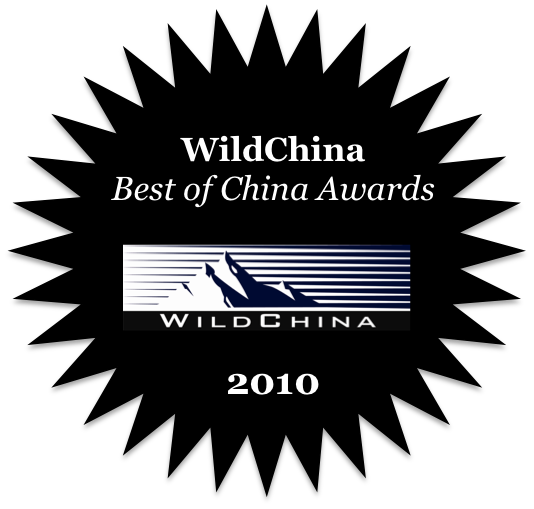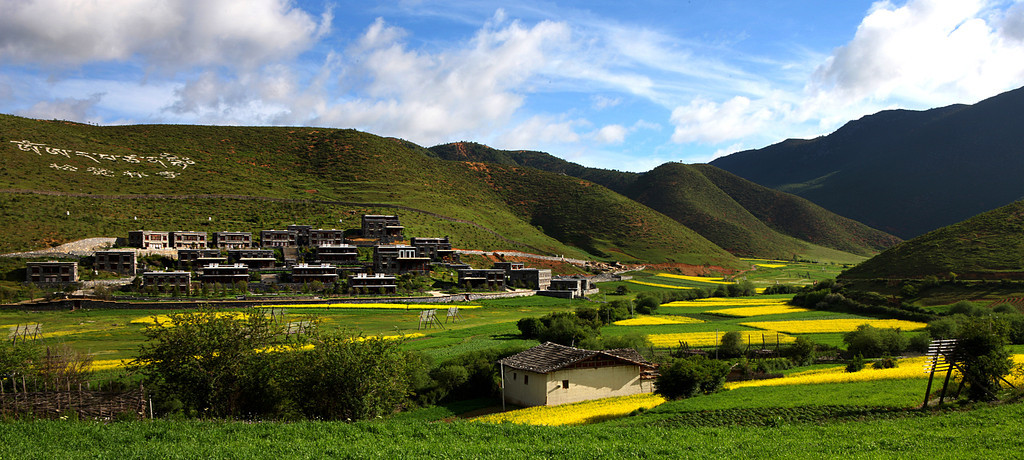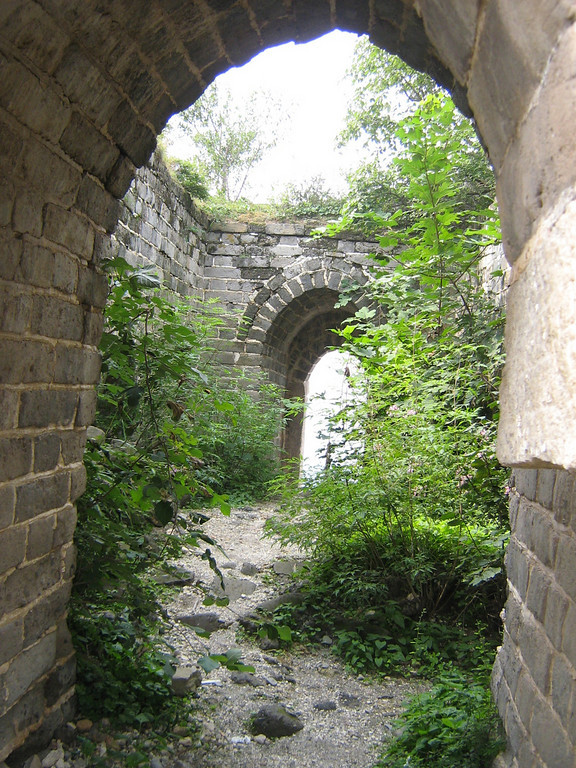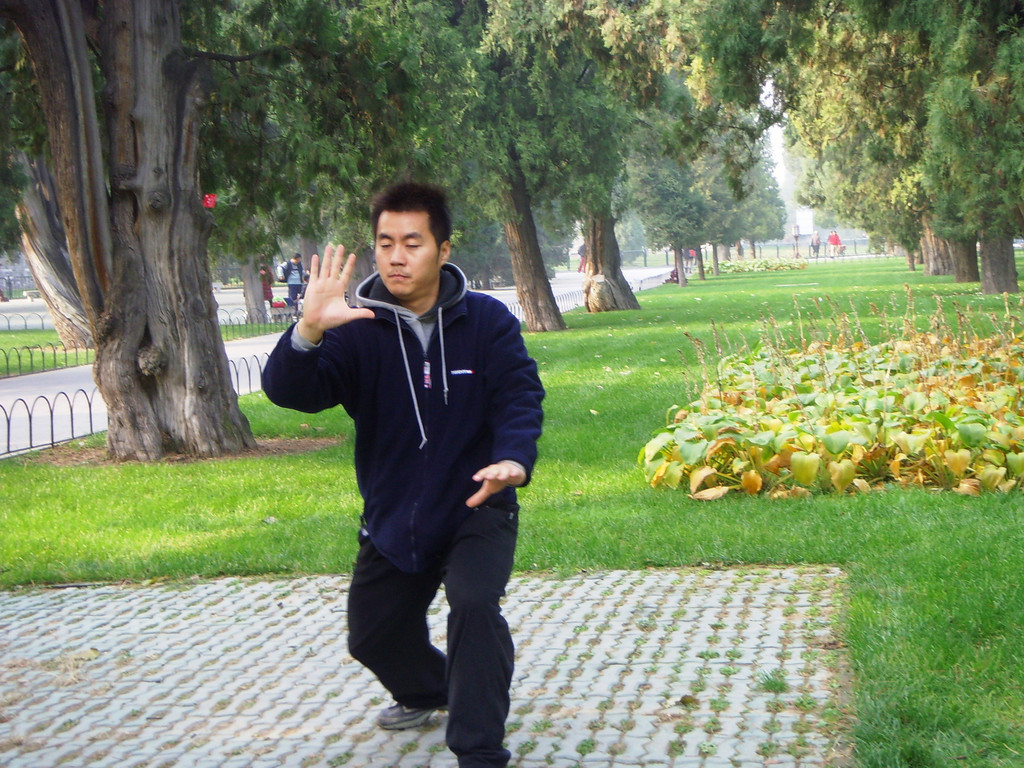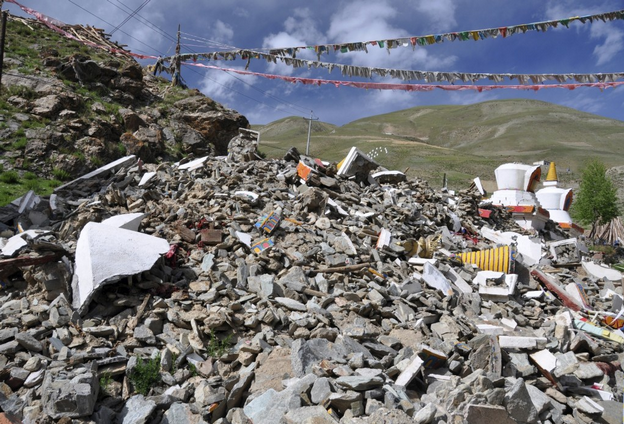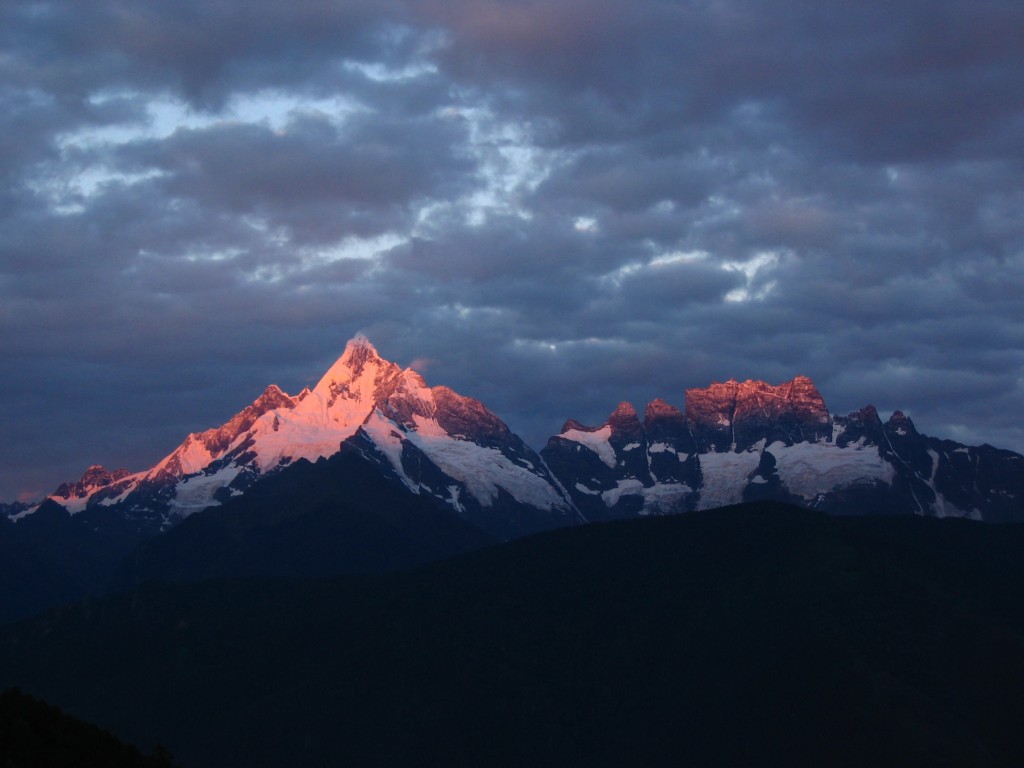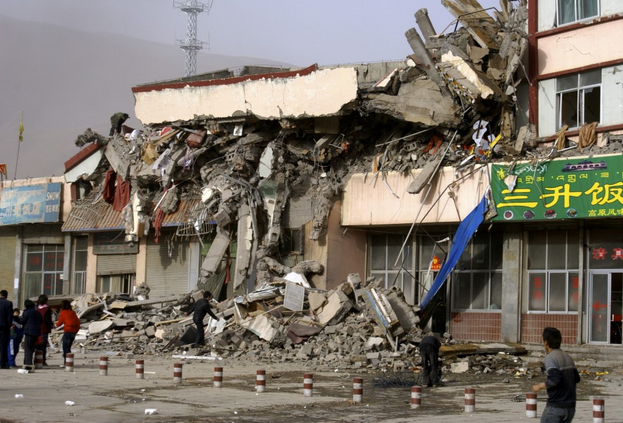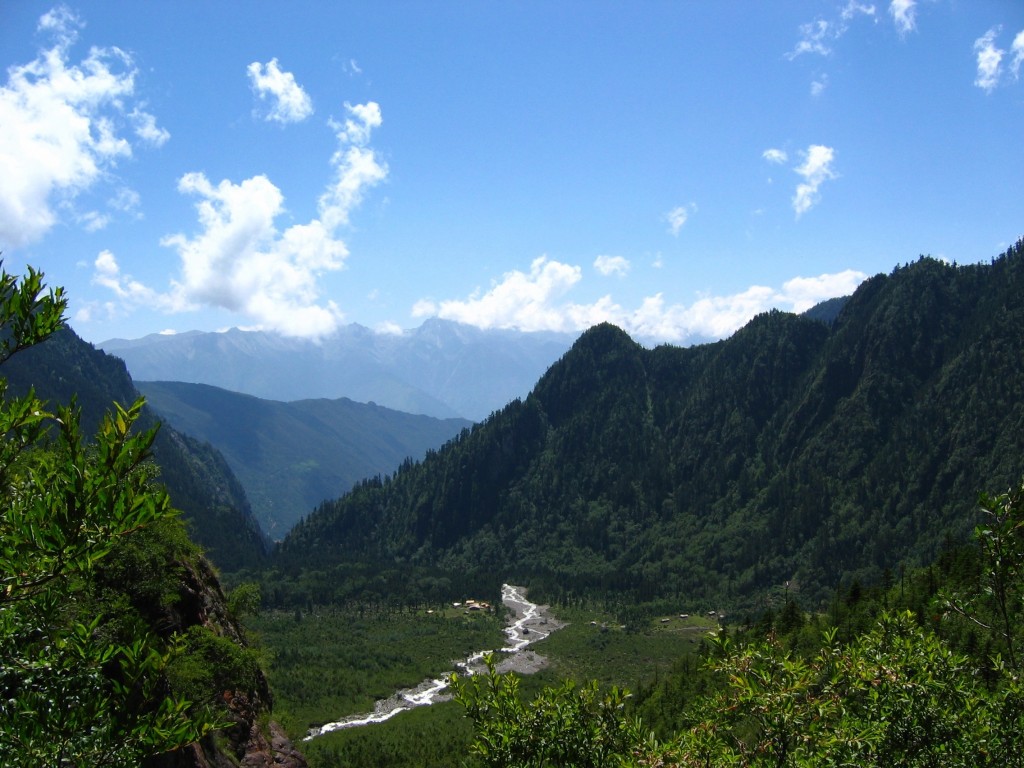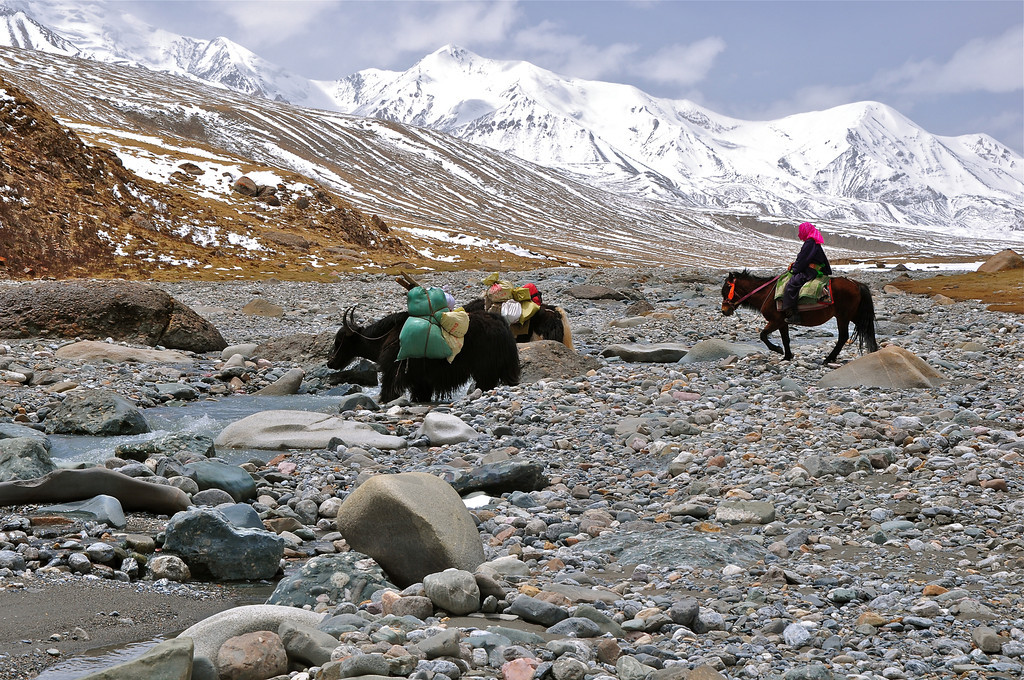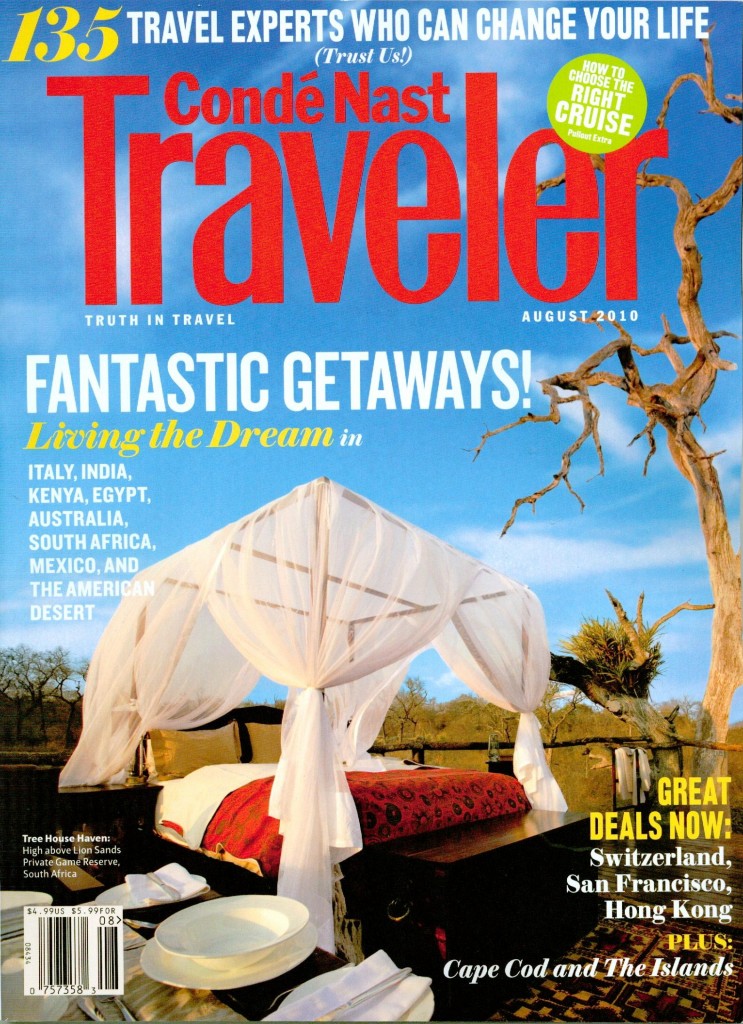
I was munching on my chicken salad sandwich when my colleague popped into my office, “ Oh, sorry. Here you go. Conde Nast Traveler Magazine issue you’ve been waiting for!”.
I probably didn’t look my best in my small office in an old house on East West Highway. At least, the munching image didn’t quite live up to the dream brought alive on the cover of the magazine:
“135 Travel Experts who can change your life (Trust Us!)”
“FANTASTIC GETAWAYS! Living the Dream in Italy, India, Kenya, Eypt….”
I wiped away the crumbs, and turned the magazine to page 120. Yes, there I was, for the first time, chosen by Conde Nast’s Wendy Perrin as one of the travel experts for China.
“Zhang wants to show you the “authentic China” beyond anything you’ll read about in guidebooks, and—as a Yunnan Province native, Harvard MBA, and former consultant for The Nature Conservancy—her vast Rolodex of in-country experts in nearly every field can make this happen…and get you farther off the beaten path than any other company can. Her cultural connections run deepest in Southwest China—Yunnan, Szechuan, and Guizhou provinces—where you might find yourself having tea with a practicing shaman, catching a private Naxi music concert at the home of the village head, or camping in luxury mobile tents on the Tibetan Plateau ”
This news reached me last week by email. So, the initial excitement has since settled, but never the less, the pride brought by this listing is still ringing.
It was exactly, almost to the date, 10 years ago that I started AsiaTravel. At that time, I was a couple years out of business school, still owning a couple of black suits that I wore to glassy office buildings in Hong Kong, New York and Beijing. Still was quite used to flying business class.
Somehow, Travel changed my life. I took some time off McKinsey to travel around the world. Puff, 4 months was gone without a blink. I was sitting in the cabin of an oil tanker truck (only choice for a hitchhiker), rocking my way up to the Tibetan Plateau from Kashgar. We rocked and rocked, I fell asleep and woke up. Wow, a whole night was gone. The snow-covered landscape replaced the desert where we started. But the milestones said, 125 km!! A whole night, we covered 80 miles in distanced, but close to 15,000 feet in elevation.
My heart started to beat faster, breathing became more labored, the landscape increasingly looking austere and moonish. The Tibetan antelopes galloped in the distance. I started to cry, for no reason. One was just touched by being so close to pristine nature. I knew there were risks, for me, being the solo woman traveler on that route. But I knew I was one of the lucky few, who had the money, the time, and the right passport (Chinese) to travel to these remote corners of Tibet.
Sometimes, I, woke from sleep in that rocking truck, stared out the window, and asked myself, “What if the truck tumbled over the edge? Is there one thing I would regret for not doing?”
The answer came back loud and clear, “Building my own business”. That was the beginning of AsiaTravel.
Travel, somehow, has had magic powers over me. I met my husband hiking the sacred pilgrimage trail around Mt. Kawagebo in Yunnan, I took my wedding party to hike from Salween River to the Mekong.
Then travel helped to change other people’s lives. Recently, two clients got married on a AsiaTravel trip. Two clients got engaged on a AsiaTravel trip. We’ve helped families retrace the Burma Road commemorating their father’s journey in WWII.
After all the years of traveling, I think I am starting to understand the magic of travels. Somehow, when one’s on the road, one’s attention is so outwardly focused, that all you notice are people and things around you. After the outward focus, the inward reflection of oneself is much gentler, and not so judgmental of whether my office is in an old house or a shishi building downtown, or whether my munching is embarrassing.
Travel elevates one above the daily routine, and allows one to see the beauty of other people’s daily routine. One of my favorite moment recently was jogging in front of Shangrila’s Songtsam Lodge, while watching the Tibetan farmers shepherding their cattle to the fields. I am sure they didn’t think of their life was poetic and charming, as it was just hard work. But as a traveler watching them, I was loving that moment. That’s the illusion of distance- distance of reality, distance of geography, and distance of time. That’s probably the art of travel.
Anyway, back to my sandwich. I didn’t think my munching a sandwich at desk was any bit poetic, but more embarrassing. But, I know, give it another 10 years, I will reflect back on this moment, as one of the defining moment of launching AsiaTravel in America.

